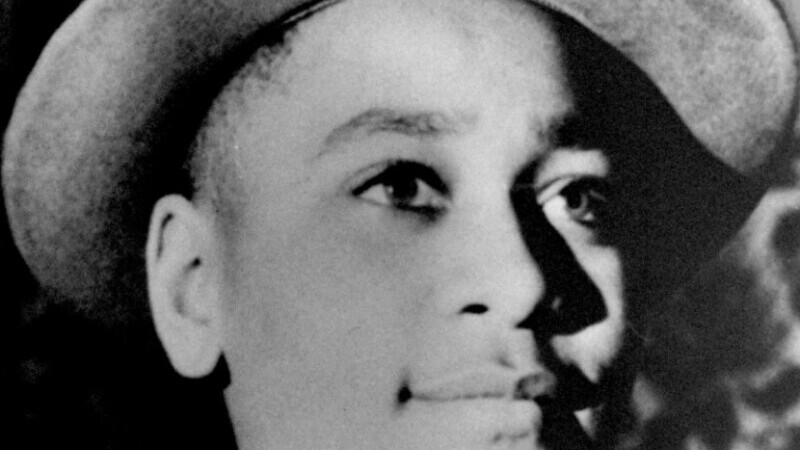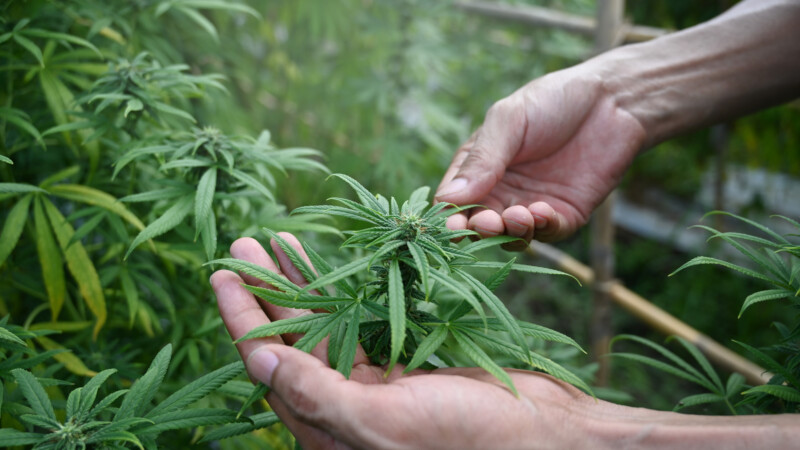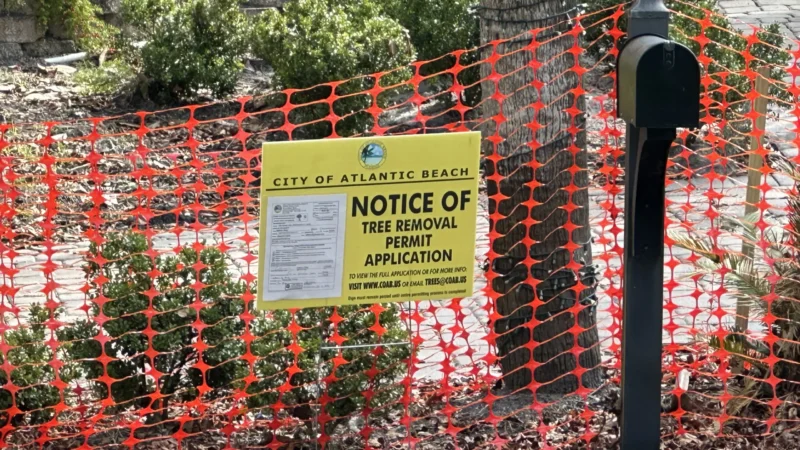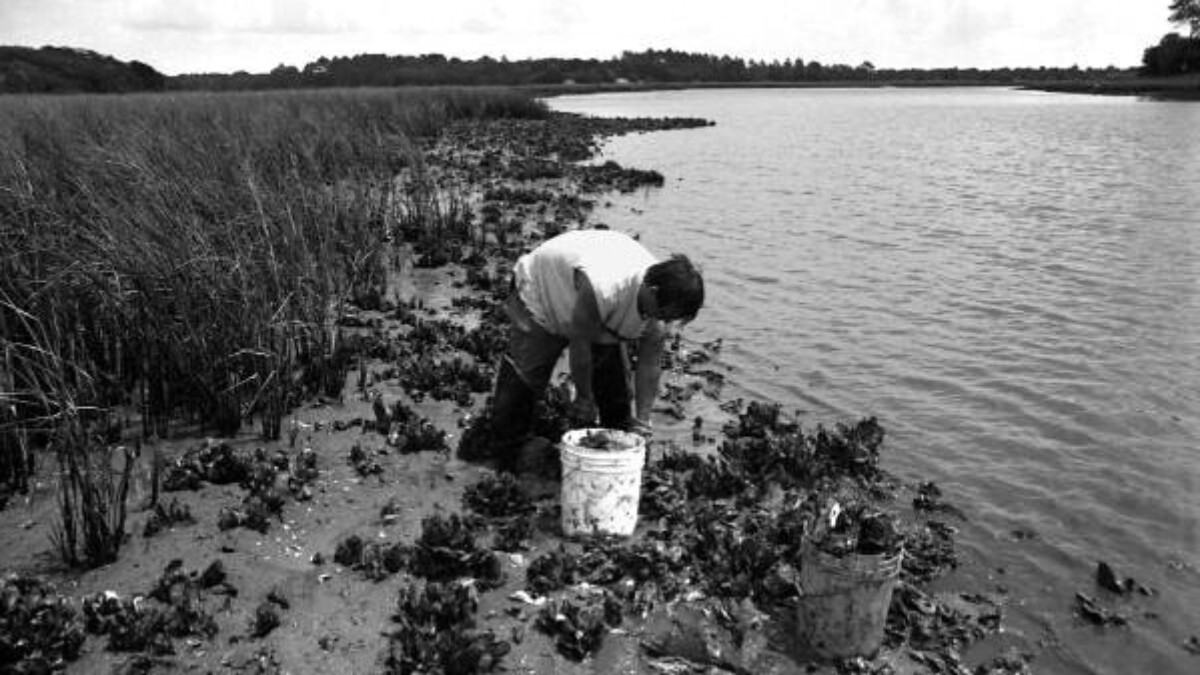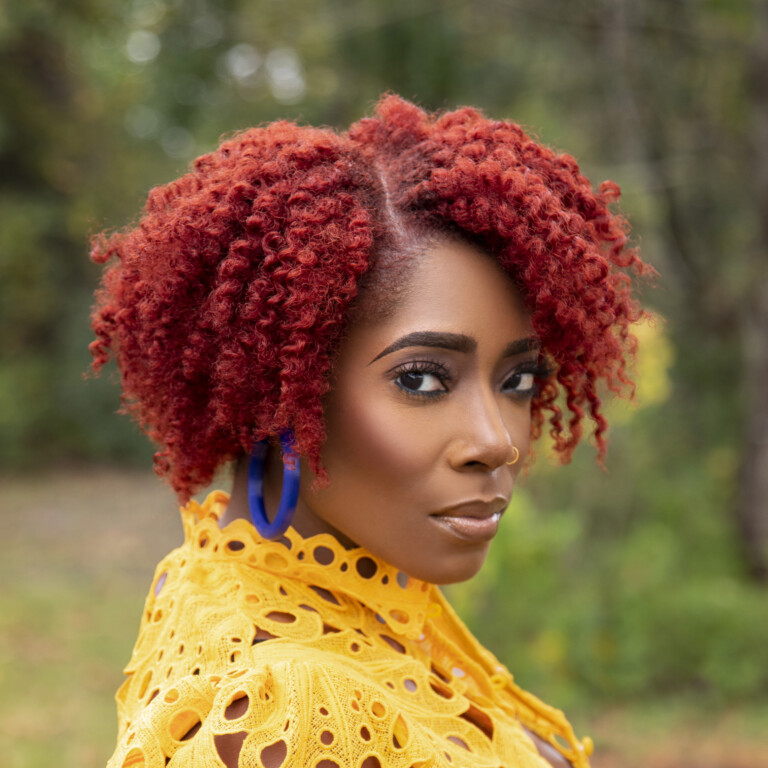
Tomorrow, Till will open in theaters (in a limited release) nationwide. Sixty-seven years after the gruesome murder of 14-year-old Emmett Till in Money, Mississippi, the impact of his young life, cut down by racist, white supremacist vigilantes, will receive the big-screen treatment. The director, Nigerian-American filmmaker Chinonye Chukwu, has promised that her film does not dwell on the brutality of Emmett’s death but the force of his life to shape movements — then and now — as well as the resilience and resolve of his mother. Yet even in all her promising to not be a party to trauma porn, I’m still not going to see this film.
I think the film is important. I think it should be made. I think people should go see it, but I will not be one of them. I’m tired of supporting the narrative that Black people need to behold Black death and publicly perform our grief for our humanity to be recognized. Just as I don’t watch, share or post viral videos of Black men, women and children killed by police or vigilantes, I don’t want to subject myself to two hours in a theater where I already know the outcome. My heart can’t take it.
As the mother of Black children, I can’t help but swap the faces of victims with those of my son or daughter and shudder at the thought of a similar evil befalling them, and then wondering how I would react. Would I wail like weeping women in a second line? Would I moan like church mothers caught in the spirit of song? Would I cry silent tears to weather my storm like smooth rocks eroded by the waters of time? Would I demand action and mobilize change? Call it morbid, but these are the things I think about whenever I see these specific kinds of stories. What if it were me? What if it were my children? What would I do?
Perhaps I think these things because Black death is the oldest sport and favorite pastime among American racists. How else do you explain smiling postcards with folks dressed in their Sunday’s best sent from the bonfires of a lynching? It is spectacle for the sake of reinforcing pain and trauma that is weaponized to bolster caste, class and mortal subjugation. As Miss Celie said in the film version of The Color Purple, “This life be over soon. Heaven lasts always.”
Black people shouldn’t have to wait to get to heaven to live free of fear. Mothers shouldn’t have to hold their breath until their sons and daughters turn 25 before they believe they’ll have a chance at a long life. As Remica Bingham-Risher wrote in her book Soul Culture, “Black folks are haunted everywhere…Even when our children are with us, we lose sleep.”
I’m not interested in Black death. I want to know and see the stories of Black resistance, Black rebellion. Black resilience and Black joy. And I don’t mean the highly commodified tropes #blackgirlmagic and #blackboyjoy.
I want to rest in the sound of Grandma’s Hands and recognize peace in the movement of Revelations. I want new narratives to be forged from the stories of our continued survival despite enslavement and colonization. As much as I enjoy history and learning and reading about our past and even writing about it in my own work, I’d like to see a shift in the artistic works offered from Black creatives. I’d like to see us honor the past while focusing on the evolution. As the meme says: There Are Black People in the Future. I’d like to see more stories about how we got there that don’t treat our survival as a footnote, aside or asterisk to our agony as if that is all we are — as if that is all we have ever been; portals of pain passed from generation to generation.
I am actively working to tell those stories through the books I write, the conversations I have with authors and other artists, and collaborations I participate in with community organizers and social justice activists. As much as we need to name our hurt and acknowledge how we’ve been wronged, we also need to envision new worlds and ways of being that we can inhabit. It’s not enough to name, illustrate or direct a film about our villains. We must also put that same energy into building our villages where we honor our inherent values.
Where’s that story, because that’s what I’d like to see.
My new book Mardi Gras Indians, telling the origin story, history and evolution of the Mardi Gras Indian, was released yesterday from LSU Press. You can learn more about my work and my book here.

Nikesha Elise Williams is an Emmy-winning TV producer, award-winning novelist (Beyond Bourbon Street and Four Women) and the host/producer of the Black & Published podcast. Her bylines include The Washington Post, ESSENCE, and Vox. She lives in Jacksonville with her family.


